Are you looking for a Concierge Nursing Agency and Concierge Services that allow you to remain at home despite the inconvenience of old age, illness or circumstance?

Coming Soon...
-
Why You Should Choose 1st Meridian Care Services!
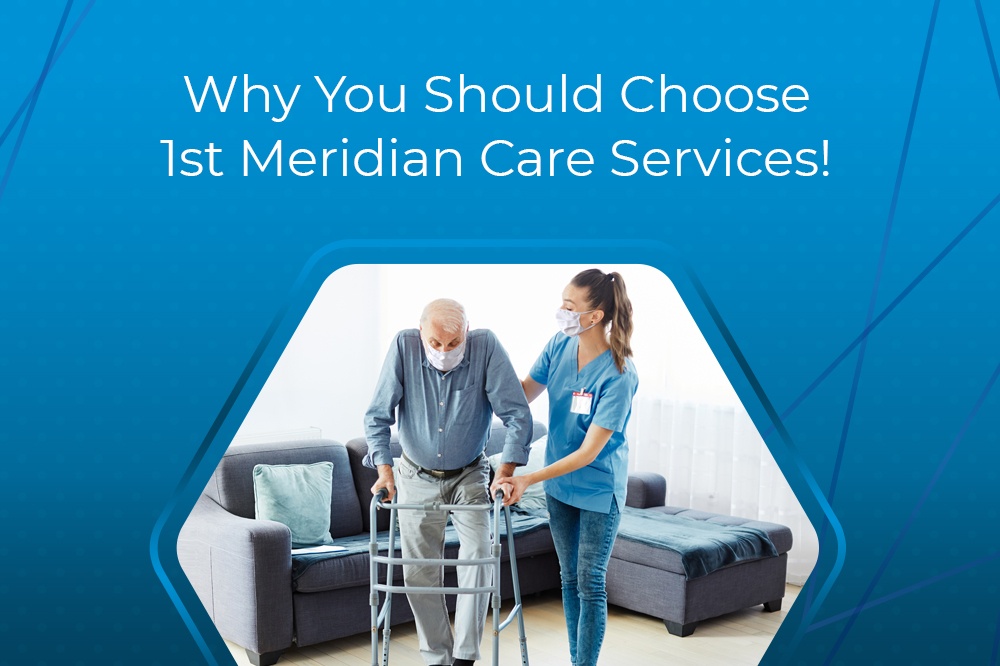
CLICK HERE TO READ THE FULL ARTICLE »
-
Announcing The New Website

We are delighted to announce the launch of our new website!
CLICK HERE TO READ THE FULL ARTICLE »
-
Halloween 2020
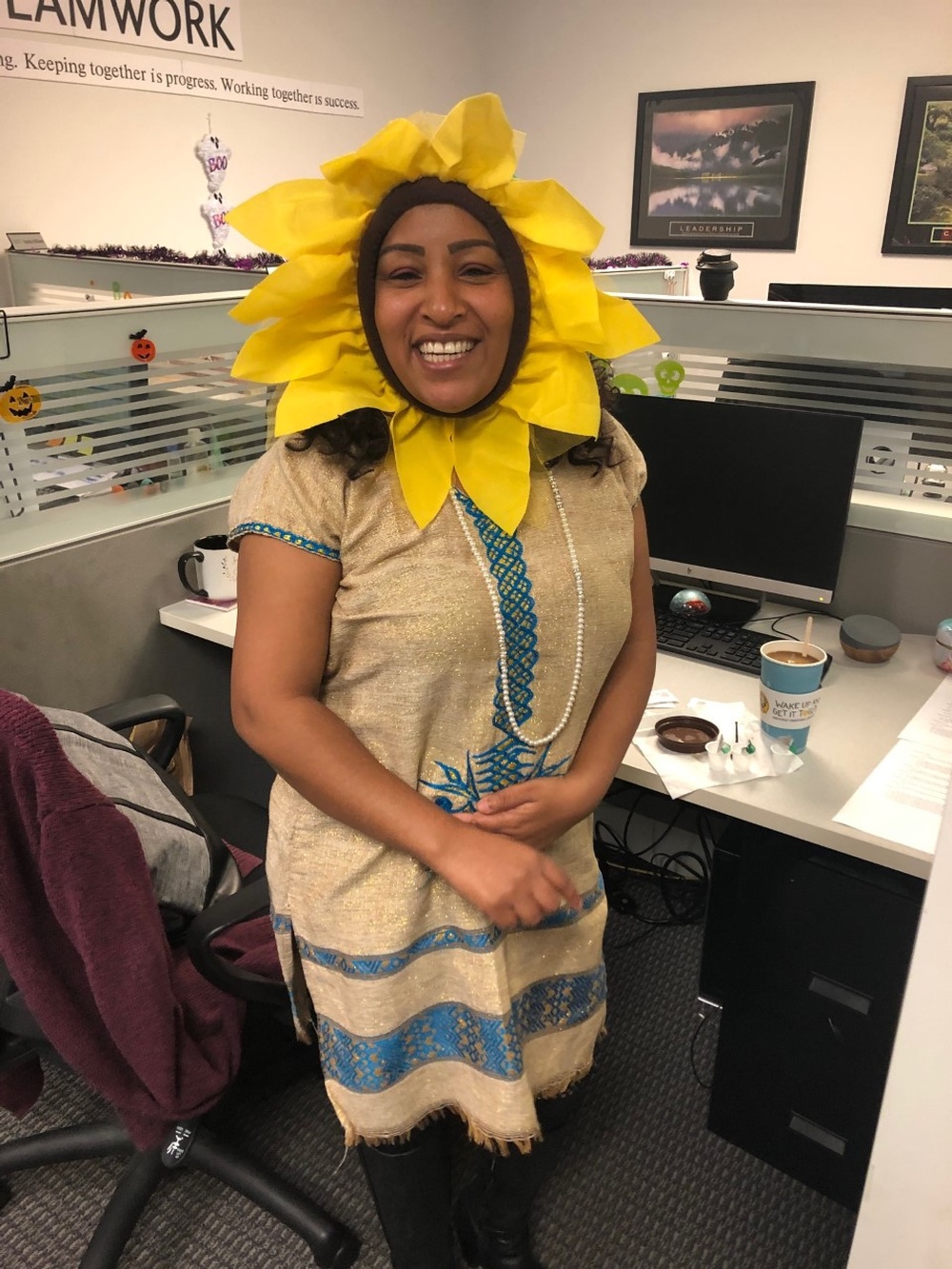
Halloween might have looked differently this year, but our staff still had a great time dressing up for Halloween this year! Take a look at some of our fun costumes!
CLICK HERE TO READ THE FULL ARTICLE »
-
Halloween 2019
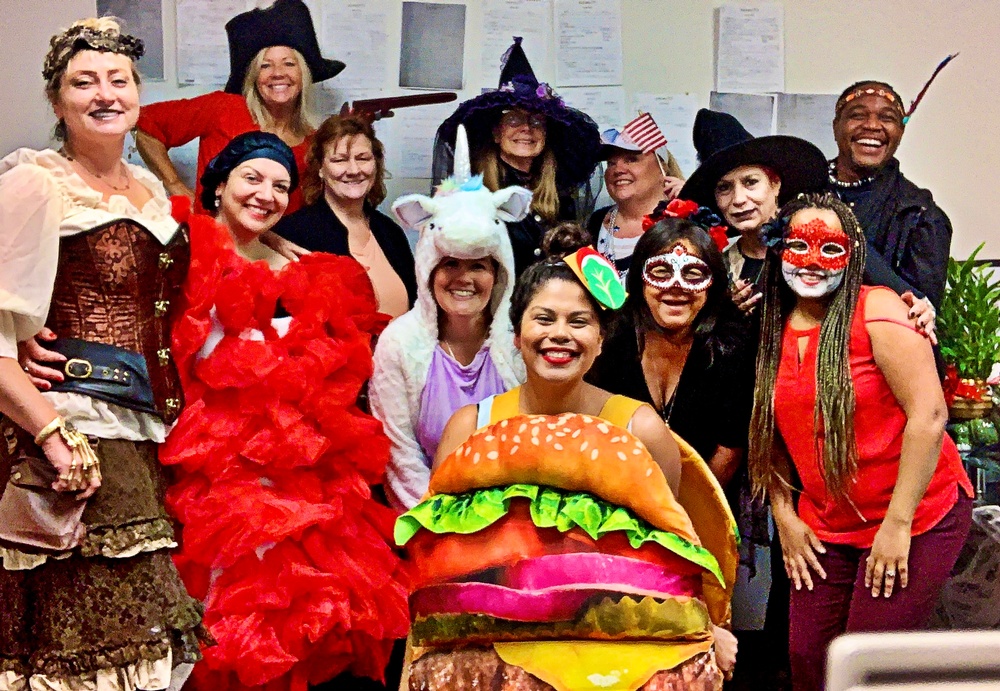
We had trick or treater thru out the day in the office . So much fun!
CLICK HERE TO READ THE FULL ARTICLE »
-
We Wish You A Season Full of Happiness!
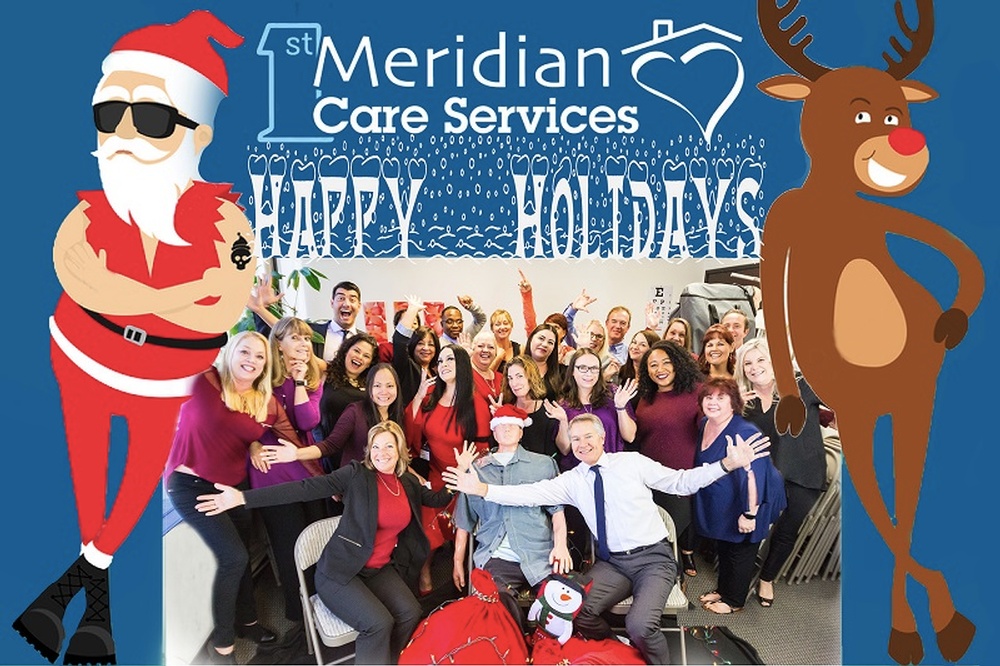
When we here at Meridian Home Care think of all the benefits of being in our business, we quickly think of our relationships with great people like you. We wish you peace, joy, and prosperity throughout the coming year. Thank you for giving us the chance to do what we enjoy!
Merry Christmas and Happy New Year from all of us at Meridian Home Care!
CLICK HERE TO READ THE FULL ARTICLE »
-
Happy Holidays From Everyone at Meridian Home Care!
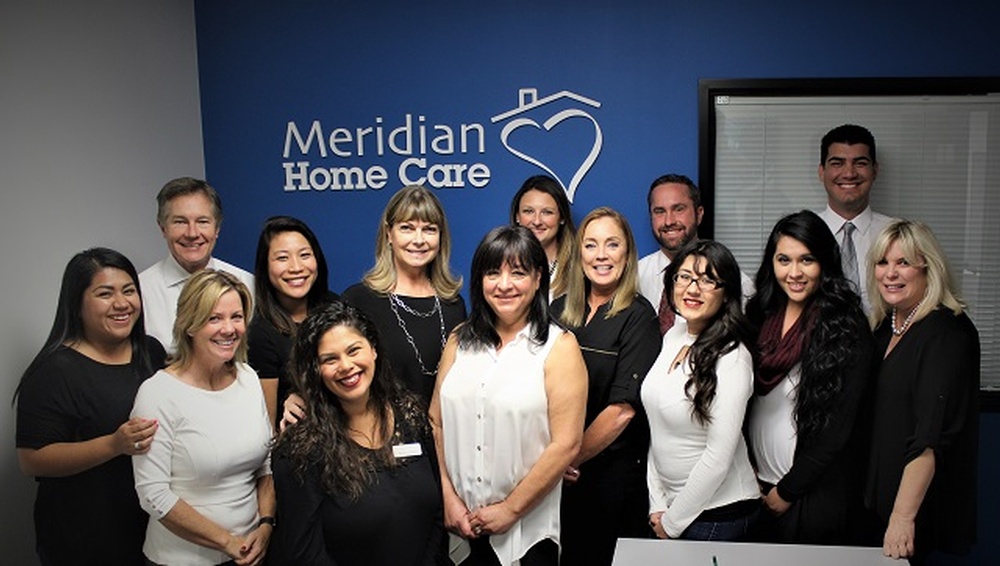
When we here at Meridian Home Care think of all the benefits of being in our business, we quickly think of our relationships with great people like you. We wish you peace, joy, and prosperity throughout the coming year. Thank you for giving us the chance to do what we enjoy.
Merry Christmas and Happy New Year from all of us at Meridian Home Care!
CLICK HERE TO READ THE FULL ARTICLE »
-
Meridian Home Care - Giving Back To The Community

We love serving San Diego and understand it is important to give back to the community when possible. We are proud to announce we had 2 opportunities recently to be sponsors and participate in events that give back to the community.
CLICK HERE TO READ THE FULL ARTICLE »
-
Sponsoring the Cortez Racing Association's San Diego 2016 Beer Can Sailing Race
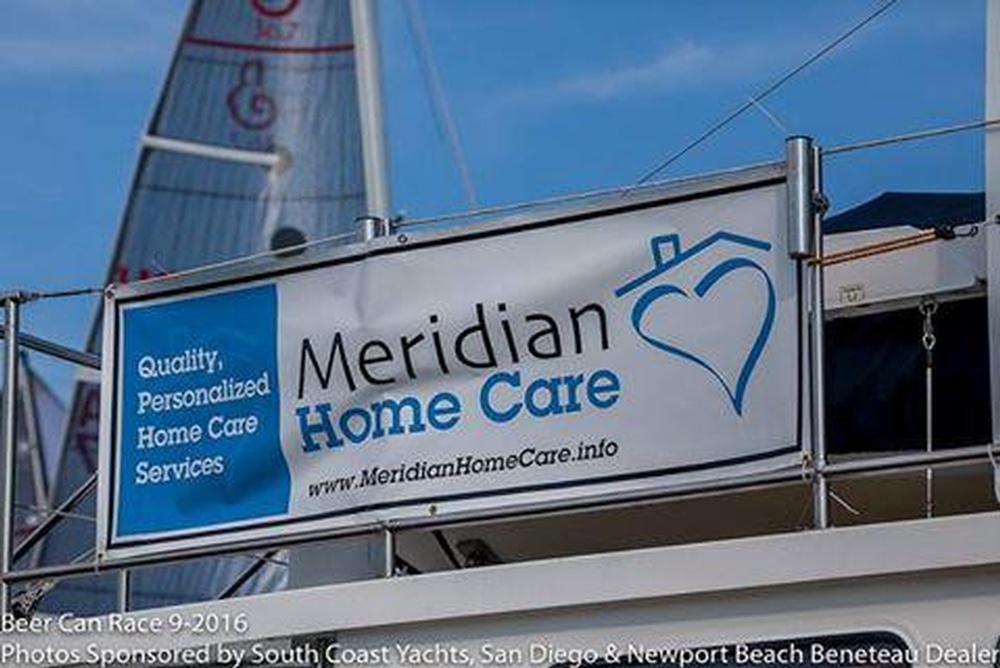
Meridian Home Care was a proud sponsor of the Cortez Racing Association's (CRA) San Diego 2016 Beer Can Sailing Race earlier this month.
Our owner, Kym, was able to present over 50 prizes and trophies to the winners.
Thank you CRA (Cortez Racing Association)!
Please enjoy these pictures from our sponsorship:
CLICK HERE TO READ THE FULL ARTICLE »
-
Giving Back and Staying Healthy At The Holidays
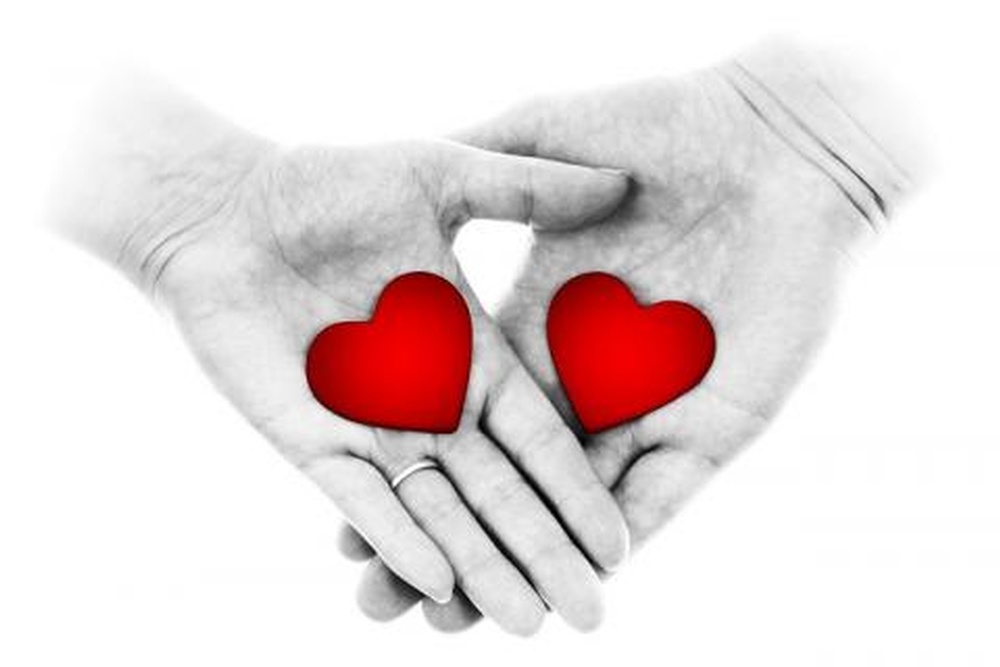
Holidays are a time for spending time with family and friends. It's also a time when people feel the most alone. As caregivers, we understand the need to help others & give back especially during the holidays. Meridian Home Care supports our local community and are committed to providing families the best quality home care possible.
CLICK HERE TO READ THE FULL ARTICLE »
-
Meridian Home Care Events
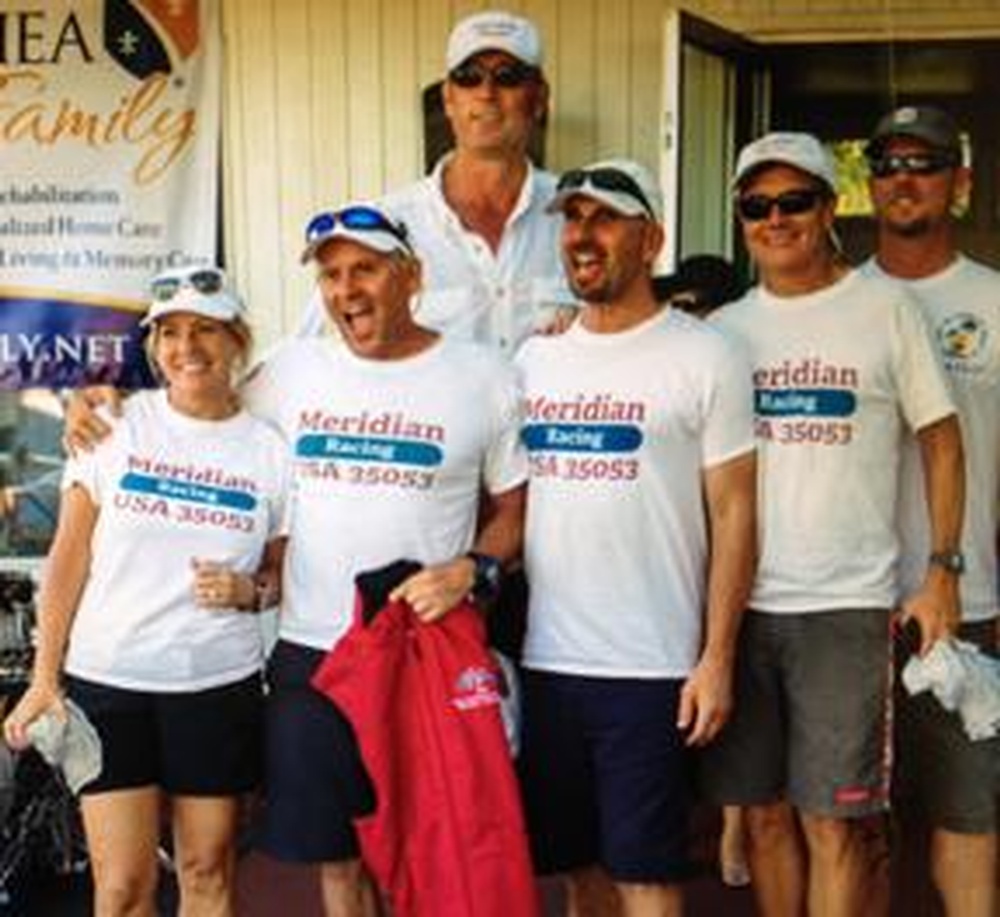
Meridian Home Care believes in giving back to our community and is proud to support great causes by participating in health care fundraisers. Please continue reading to find out what we've been up to!
CLICK HERE TO READ THE FULL ARTICLE »









